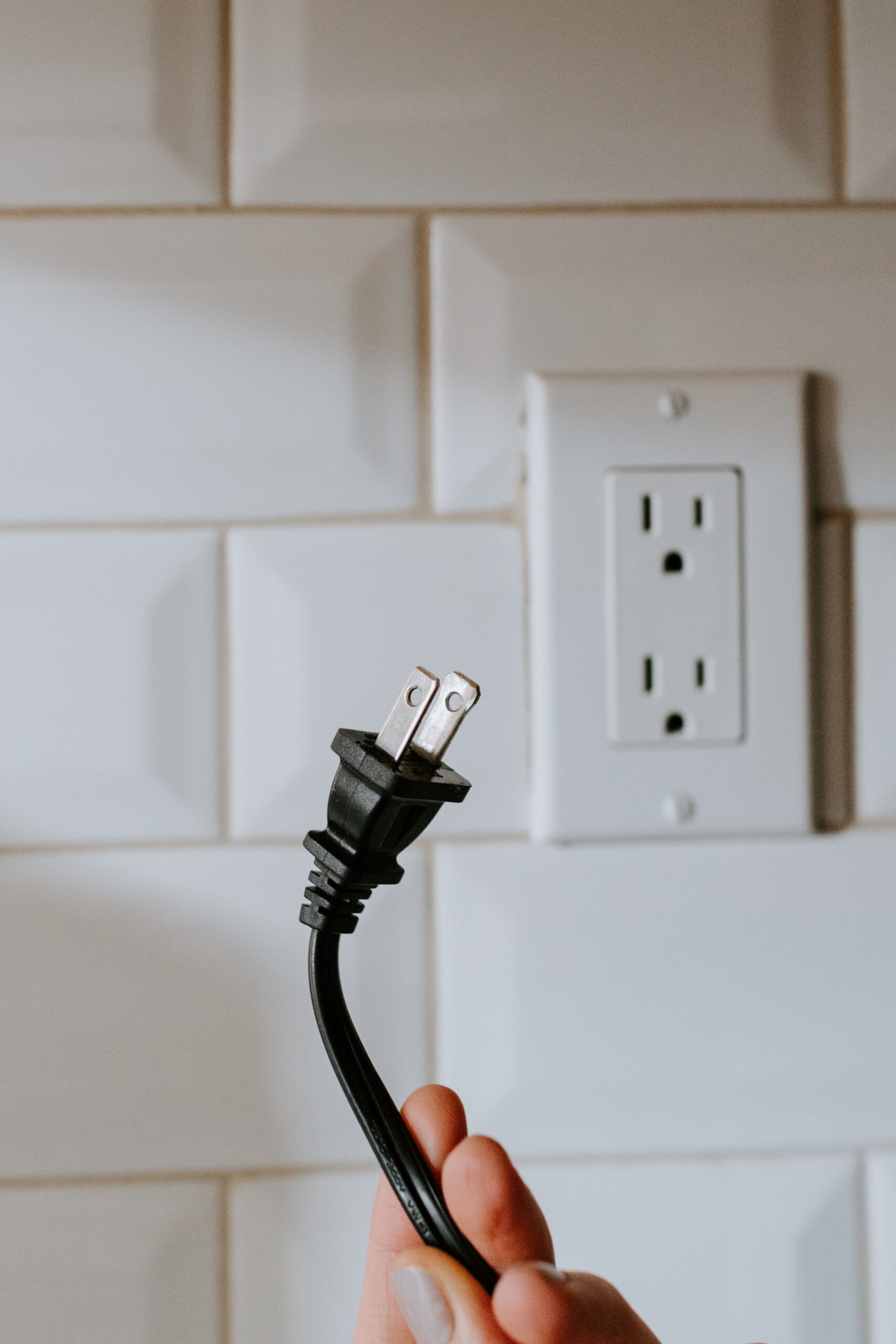“Almost everything will work again if you unplug it for a few minutes…Including you”.
Anne Lamott
When did rest become impermissible? In today’s work-obsessed culture, rest is the bogeyman you don’t talk about. Instead, you talk about what you do, what you did, what you will do.
I remember one time my computer breaking down and calling IT support when I got the dreaded advice, “Did you try unplugging your computer?”
Didn’t they know I was very busy and had things to do? I didn’t have time to unplug.
Since then, I’ve learned that not allowing myself to rest reflects my dysfunctional relationship to work as well as FOMO, the fear of missing out. And I don’t think I’m the only one who feels this way.
Work Hard, Play Hard
The modern work ethic equates rest with laziness, being idle with wasting time. This belief permeates every aspect of society. Even play is scheduled!
A few days ago, my son and I reminisced about the spring when he had baseball, lacrosse, and soccer. I remember rushing home Wednesdays from downtown to drive him to lacrosse, feed him dinner in the car, and then drive him to soccer afterward. Crazy, as I look back at it, although my son found it fun. “I really enjoyed it, mom.”

Working hard is admired. Have you ever said or heard someone say, “I’m so tired. I only got a few hours of sleep last night. Too much to do.”
Because work is so valued, pushing yourself gets rewarded. Those who achieve against all odds at whatever cost become especially glorified.
Working hard means you’re being productive, contributing, pulling your weight. You are using your time “wisely.”
Missed Opportunities
Fear of missed opportunities drives many people. Scratch under the surface, though, and you’ll see what this really is: anxiety.
The fear of missing out on personal experiences or professional opportunities reflects the following limiting belief:
By doing “X” I will be [happy, satisfied, at peace].”

Your “X” could be a dinner with friends or a networking event you don’t even want to attend. It’s a form of work, for sure, because it doesn’t come from a feeling of ease. FOMO is always elusive, and its slipperiness keeps you in a state of hyper-arousal of the sympathetic nervous system.
Is it any wonder you find yourself surrounded by anxiety on all sides, not only your own but society’s?
Even if you don’t acknowledge the anxiety caused by missed work opportunities, that doesn’t mean the anxiety does not exist. It seeps out in unexpected ways – loss of temper, disengagement, spinning your wheels – and contributes to the collective malaise.
Rest as Choice
Rest is a choice, not a reward after hard work.
What if you chose rest instead of work or before work? Consider what your life could look like in this scenario.
Ideas come from rest, as I’ve talked about before. Paying attention – observing, not executing – is rest not work.
Rest rejuvenates and gives you peace. In a peaceful state, you can solve anything.
Rest feels good and when you feel good, you feel aligned internally. You can connect to yourself, your values, who you are. From that grounded place, you are far more effective.

Unplugging
Rest isn’t impermissible; it’s just the value you’ve assigned to it. The good news is, if you’ve assigned the value, you also have the power to change it.
Take Anne Lamott’s advice and unplug for a while.
If you feel discomfort arise from not doing anything, remind yourself you’re here for a purpose. You can’t fulfil it unless you see clearly. You can’t gain clarity without granting yourself space.
Give yourself some space. Give yourself a rest.
Header Photo by Isabella Fischer on Unsplash, Photo by Elisa Ventur on Unsplash, Photo by Luiz Rogério Nunes on Unsplash, Photo by Danny SwellChasers on Unsplash

